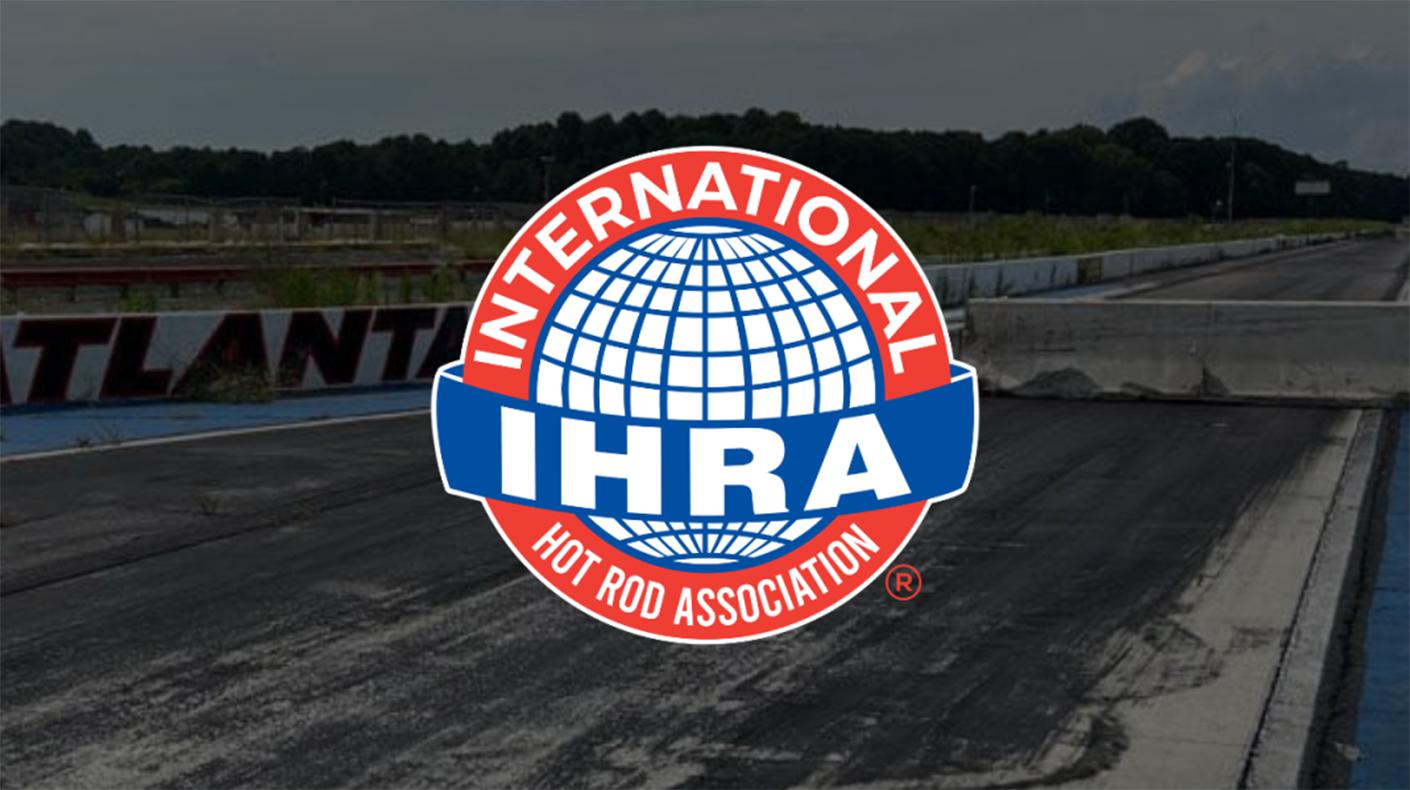By SEMA Washington, D.C., Staff
SEMA has submitted recommendations to the White House Office of Management and Budget (OMB) on ways to improve regulatory enforcement by the federal government. While the comments focus on certain actions taken by the U.S. Environmental Protection Agency (EPA), SEMA noted that the enforcement practices are likely applicable to other federal government agencies.
The comments considered the manner in which government agencies initiate, investigate, purse and attempt to resolve enforcement actions of alleged regulatory violations. For example:
- SEMA objected to instances in which companies were provided insufficient notice of their legal rights when responding to government investigators, as well as misleading statements, inconsistencies in enforcement and aggressive settlement tactics.
- SEMA criticized the fact that agency enforcement policies are usually not published for public comment and do not consider alternatives that are the least burdensome possible on small businesses.
- SEMA expressed concern that federal enforcement officials have appeared unannounced at company facilities to conduct regulatory compliance inspections. The officials fail to inform company representatives of their rights, including the right to require a subpoena and to postpone a visit so that company officials can consult with legal counsel.
- SEMA questioned the need for unscheduled visits since the agency seems to be using the element of surprise as an investigative tool. Rather, most agency inquiries could simply be answered through written correspondence. Further, SEMA urged that agencies be required to inform a company on the status or closure of an inquiry within a fixed period of time, such as 30–60 days.
- SEMA objected to formal investigations that are overly broad, requiring small businesses to supply a significant amount of irrelevant material. The fishing expedition approach forces the company to make significant financial expenditures in order to respond.
- SEMA protested settlement discussions in which government officials first threaten large fines that would place the company in bankruptcy before eventually accepting lower settlements. The negotiations leave the defendant intimidated and willing to accept a reduced penalty rather than pursue its case in court. In the process, the company is saddled with large attorney and accounting fees.
SEMA recommended that the OMB issue guidelines or directives requiring government enforcement procedures take small business size into consideration. The ultimate enforcement goal should be to identify and rectify any noncompliant activities in a fashion that focuses on compliance rather than fines collected.
For more information, contact Stuart Gosswein at stuartg@sema.org.





